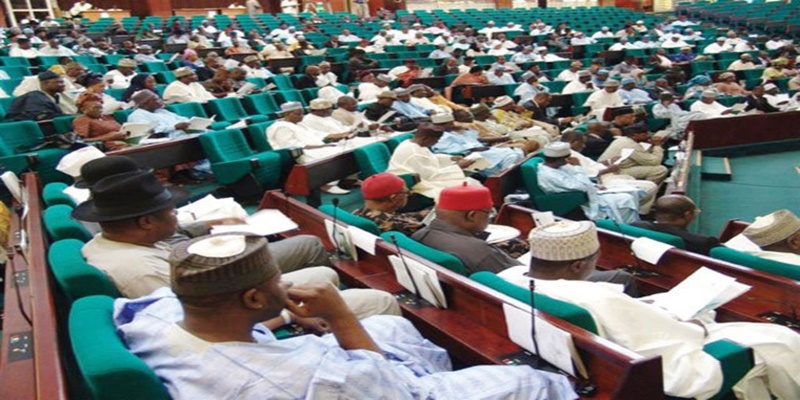Reps probe N126bn unclaimed dividends, withholding tax in capital market

The House of Representatives has begun investigation of unclaimed dividends in the nation’s capital market valued at over N126.03 billion.
The move followed the adoption a motion moved by Mr Babangida Ibrahim at the plenary on Wednesday, entitled, ‘Need to Investigate the Rising Value of Unclaimed Dividends, Unremitted Withholding Tax on Dividends and their Attendant Effects on the Nation’s Economy.’
Adopting the motion, the House unanimously mandated the Committee on Capital Market and Institutions to investigate the “rising value of unclaimed dividends and unremitted withholding tax on dividend and their attendant effects on the nation’s economy and report back within six weeks for further legislative action.”
Moving the motion, Ibrahim said unclaimed dividends had continued to increase over the years, and by implication unremitted withholding tax on dividends in Nigeria.
The lawmaker said while the value of unclaimed dividends in 1999 was just N2.09bn, between 2002 and November 2016, the value rose from N5.1 billion to N103.1 billion.
He added that almost three years after the 8th House’ intervention, the value of unclaimed dividends as of March 2019 stood at a whooping sum of N126.03 billion.
“The House is aware of the mechanisms put in place to address the issue of rising value of unclaimed dividends such as adoption of electronic dividend payment method, dematerialisation of share certificates, acceptance of dividend warrants in both savings and current accounts, need for consolidation of accounts by the Central Securities Clearing System and Registrars, need to resuscitate publication of names of owners of unclaimed dividends by companies among others, have been applied with no significant positive outcome.
“The implications of large value of unclaimed dividends on the economic development of Nigeria to include, but not limited to, adverse investors’ confidence, decrease in availability of long-term capital for economic development and the likely volatility in the regulation of the capital market.” Ibrahim said.






